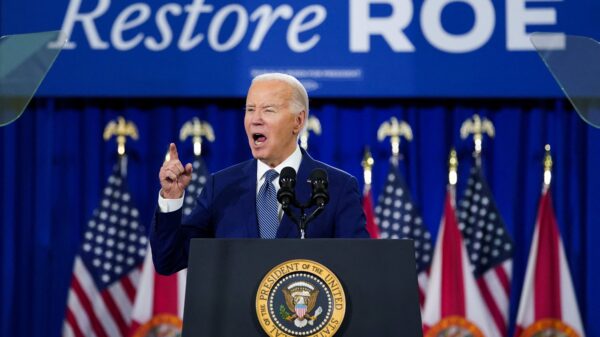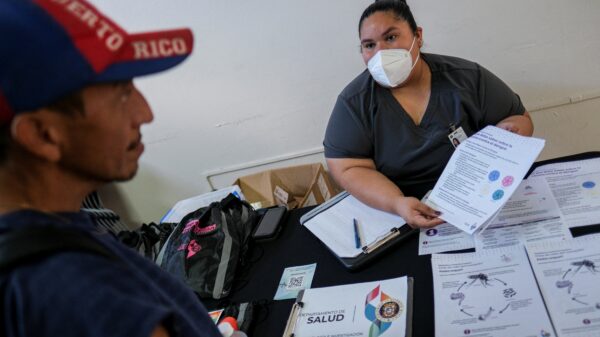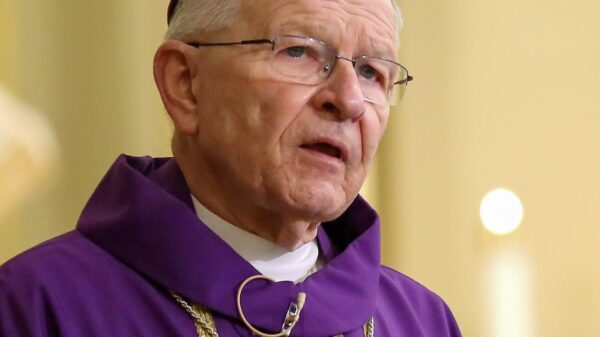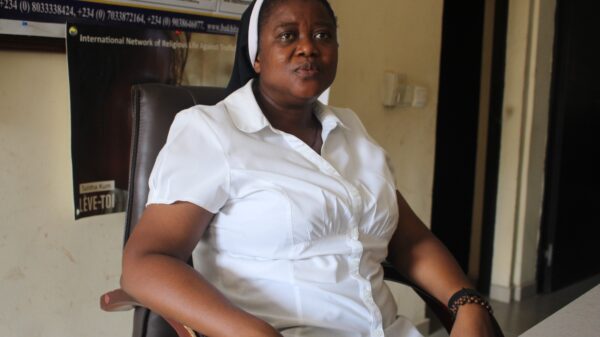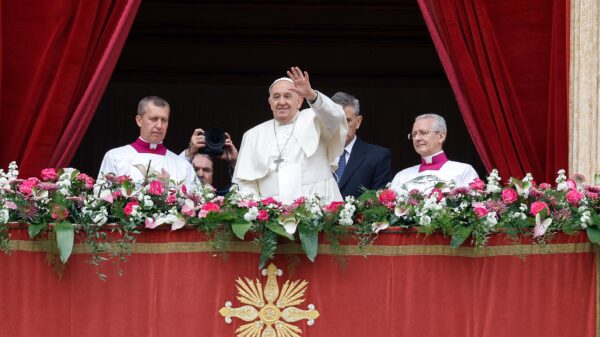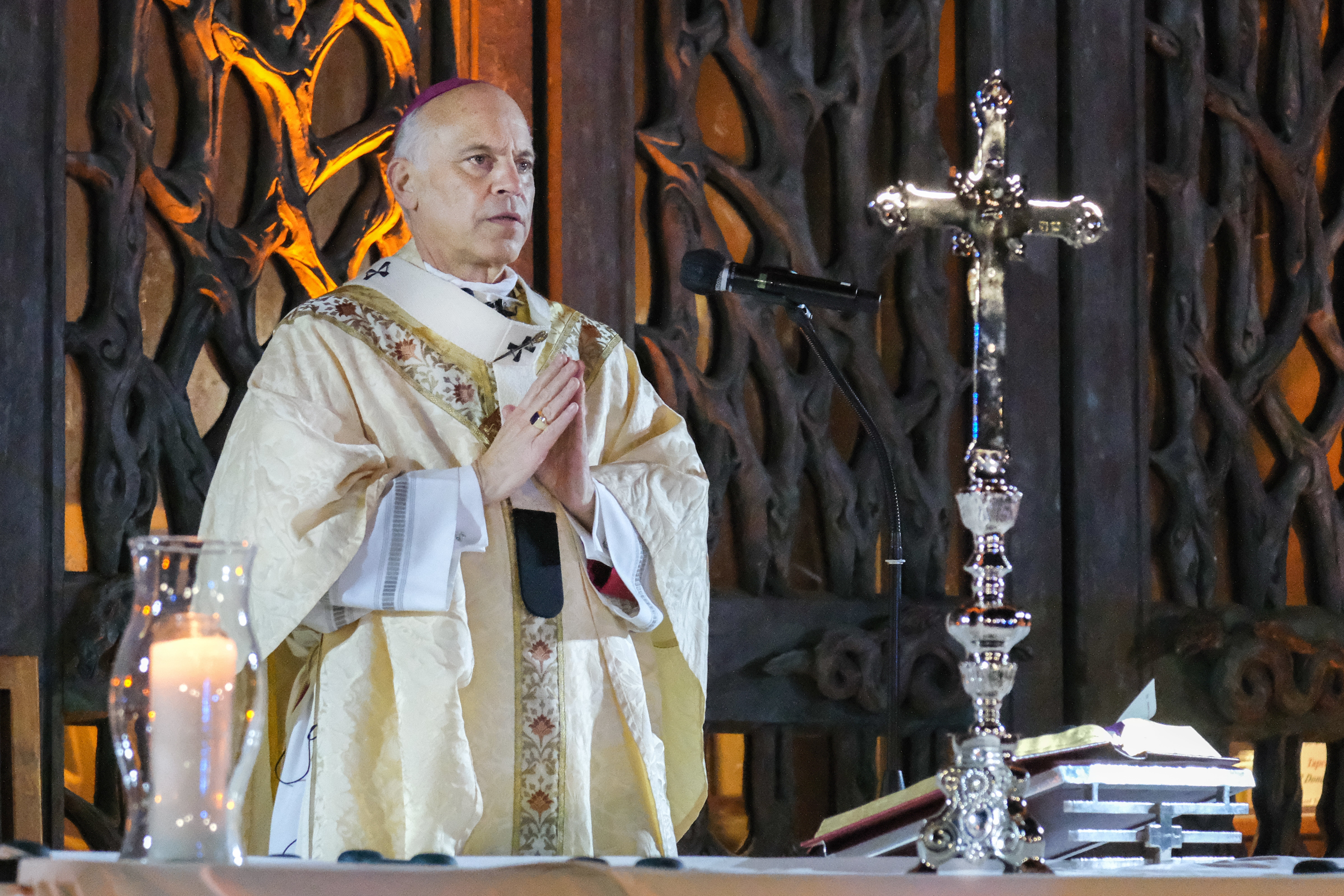VATICAN CITY (CNS) — Respect for the dignity of every person and for his or her values is as much a part of the identity of a Catholic university as faith is, Pope Francis said.
“This is perhaps the most beautiful and greatest thing about your universities,” the pope told university chancellors, rectors and other leaders of Catholic institutions belonging to the International Federation of Catholic Universities Jan. 19.
Explaining that he had “a long speech to read, but my breathing is a bit labored,” the pope made only brief remarks to members of the group before greeting each of them individually. “This cold won’t go away,” he complained.
In an age when many universities have become businesses, Catholic universities “must take a stand,” helping students discover their vocations to contribute to peace and the betterment of society, Pope Francis wrote in his prepared text, which was distributed to participants.
“A Catholic university must make choices, choices that reflect the Gospel,” he wrote to members of the federation of more than 225 Catholic universities and institutes of higher education.
Pope Pius XII formally recognized the federation in 1949, noting it “was established ‘in the wake of a horrendous war’ to be a means of fostering ‘reconciliation and the growth of peace and charity among peoples,'” Pope Francis wrote.
In the midst of “a third world war fought piecemeal,” the pope said, it is even more essential that “Catholic universities be in the forefront of efforts to build the culture of peace, in all its facets, which need to be addressed in an interdisciplinary vision.”
Pope Francis drew their attention to St. John Paul II’s 1990 apostolic constitution “Ex Corde Ecclesiae,” providing general norms for Catholic universities, and how its title “from the heart of the church” insists that Catholic universities “cannot fail to be an expression of the love that inspires every activity of the church, namely, God’s love for the human person.”
Catholic universities, the pope said, must assist the church in engaging “confidently in dialogue on the great issues of our time.”
“Help us to translate culturally, in a language open to new generations and new times, the richness of the Christian tradition; to identify the new frontiers of thought, science and technology and to approach them with balance and wisdom,” he said. “Help us to build intergenerational and intercultural covenants for the protection and care of our common home, within a vision of integral ecology, and in this way respond effectively to the cry of the earth and the plea of the poor.”
“At a time when, unfortunately, education itself is becoming a ‘business,’ and great impersonal economic systems are investing in schools and universities as they do in the stock market,” he said, the church’s institutions must show that they are of a different nature and act in accordance with a different mindset.
The goal for Catholic universities cannot be limited to improved programs, facilities and income, the pope said.
“A greater passion must animate the university, as evidenced in a shared search for truth, a greater horizon of meaning, lived out in a community of knowledge where the liberality of love is palpable,” Pope Francis said.
St. Augustine, as the philosopher Hannah Arendt noted, “described love with the word ‘appetitus,’ understood as inclination, desire, striving,” he wrote. “My advice to you, then, is this: Don’t lose your ‘appetitus.'”
“It is not enough to award academic degrees,” the pope said. “It is necessary to awaken and cherish in each person the desire to ‘be.’ It is not enough to prepare students for competitive careers: It is necessary to help them discover fruitful vocations, to inspire pathways of authentic existence and to integrate the contribution of each individual within the creative dynamics of the larger community.”
Pope Francis’ text also cautioned the universities against letting fear guide their decisions, something which “happens more often than we think.”
“The temptation to hide behind walls, in a safe social bubble, avoiding risks or cultural challenges, turning our backs on the complexity of reality may seem the safest course,” he said. “But this is sheer illusion. Fear devours the soul.”
And, he said, “don’t let a Catholic university merely replicate the walls typical of the societies in which we live: those of inequality, dehumanization, intolerance and indifference, or models aimed at promoting individualism rather than investing in fraternity.”
“We must always ask ourselves: What is the purpose of the learning we impart? What is the transformative potential of the knowledge we produce? What and whom do we serve?” Pope Francis said.


